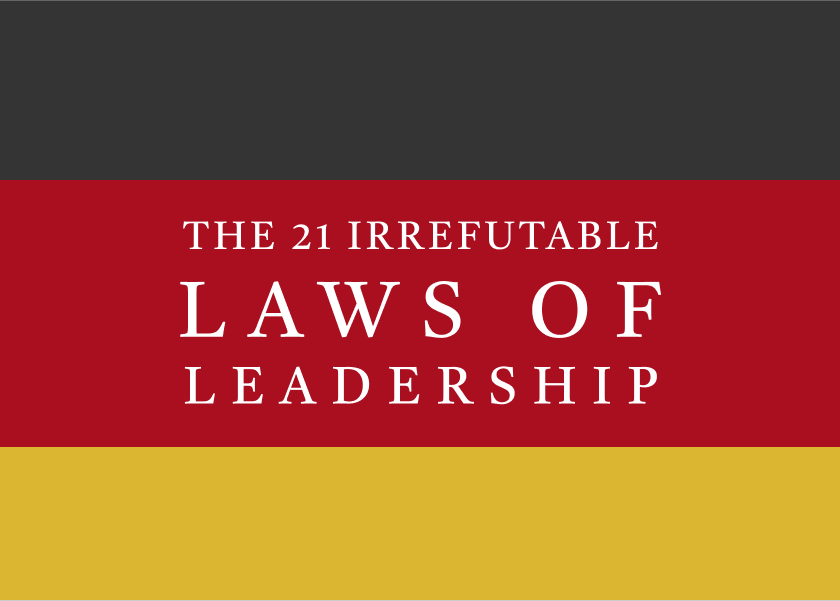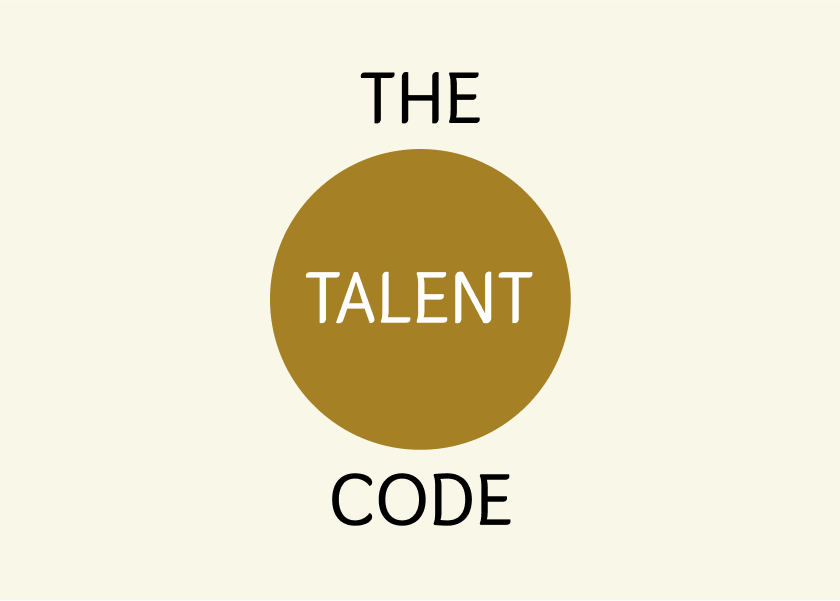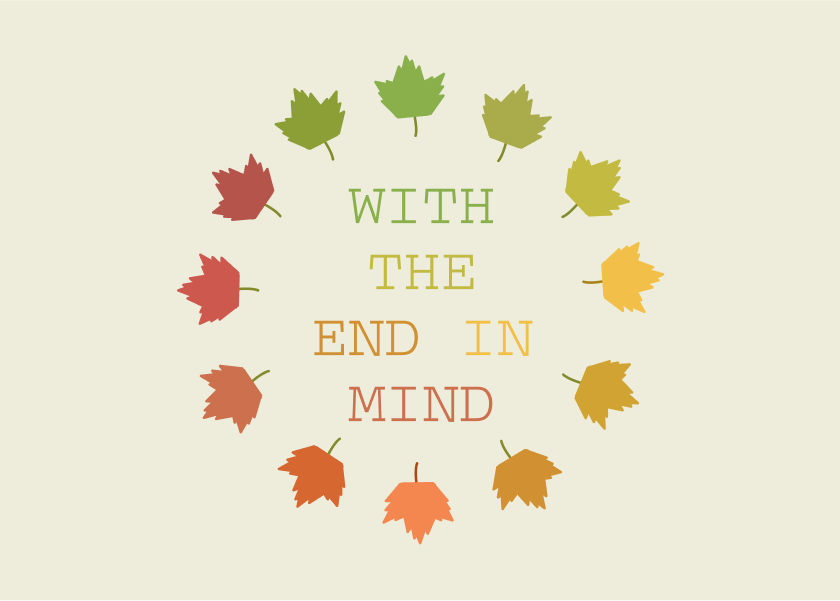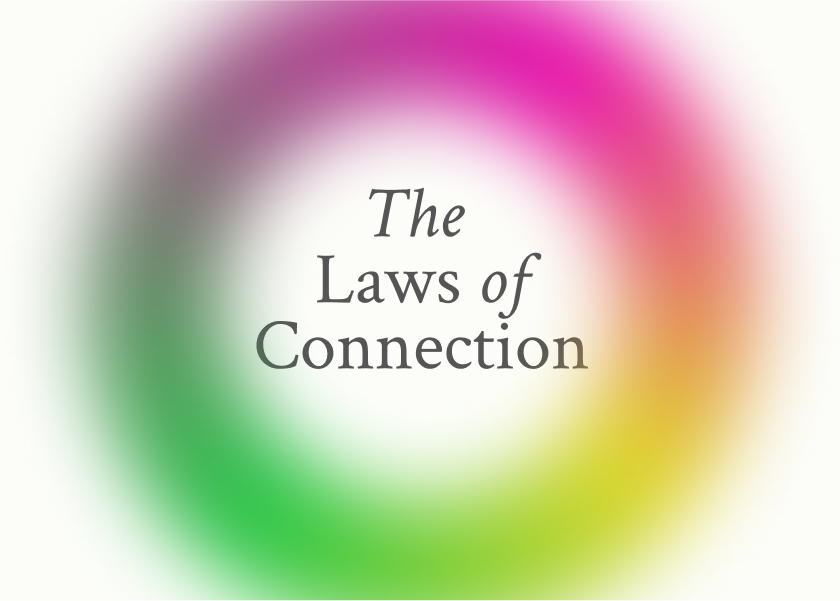The Gifts of Imperfection by Brené Brown - Summary
Ditch "perfect"! Embrace your messy, beautiful self. Discover the gifts of courage, compassion, & connection. Learn to live wholeheartedly, let go of "shoulds," and find true belonging. Happiness is within your reach!
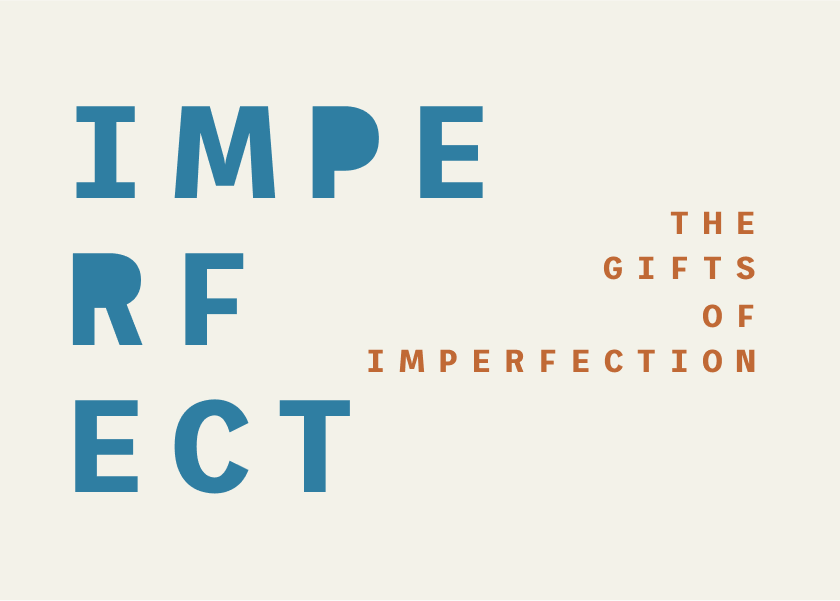
The following is a summary and review of the the book The Gifts of Imperfection by Brené Brown.
Ditching "Perfect"
Are you tired of chasing an unattainable ideal, feeling like you're constantly falling short? Do you yearn for a life where you can embrace your flaws and still feel worthy of love and belonging? If so, Brené Brown's seminal work, The Gifts of Imperfection: Let Go of Who You Think You’re Supposed to Be and Embrace Who You Are, offers a powerful and transformative roadmap. This popular book has resonated with millions by challenging the myth of perfection and inviting readers to cultivate a life of authenticity and self-acceptance.
Table of Contents
- About the Author
- Who Should Read This Book?
- Key Insights and Themes
- Detailed Summary
- Review
- Actionable Takeaways
- FAQs
- Conclusion
About the Author
Dr. Brené Brown, Ph.D., L.M.S.W., is a researcher, writer, and professor at the University of Houston Graduate College of Social Work. For over a decade, Brown has dedicated her research to understanding complex human emotions such as shame, vulnerability, and Wholeheartedness. Her work is grounded in extensive data collection and analysis, and she is considered a leading expert in these areas. Brown's insights have been featured on PBS, the Oprah and Friends Radio Network, and in publications like Self and Elle magazine. She is also the author of other influential books, including I Thought It Was Just Me (but it isn’t): Telling the Truth About Perfectionism, Inadequacy, and Power. Her ability to blend rigorous research with accessible storytelling has made her work highly influential and relatable to a wide audience.
Who Should Read This Book?
The Gifts of Imperfection is a valuable read for anyone who has ever struggled with feelings of inadequacy, perfectionism, or the fear of not being good enough. This includes:
- Individuals caught in the trap of perfectionism, constantly striving for an unattainable ideal and fearing failure.
- Those who feel the pressure to conform to societal expectations and yearn to embrace their authentic selves.
- People who experience shame and are looking for ways to build resilience and self-acceptance.
- Anyone seeking to cultivate more self-compassion and kindness towards themselves.
- Individuals wanting to foster deeper connections with others based on authenticity rather than presentation.
- Parents, educators, and leaders who want to understand and address the impact of shame and the importance of worthiness.
- Those navigating difficult life transitions or simply seeking a more joyful and meaningful existence.
For example, if you find yourself constantly worrying about what others think, feeling like a failure when you make mistakes, or numbing your emotions to avoid vulnerability, this book offers practical guidance and hope.
Key Insights and Themes
This book is rich with profound insights. Here are some key takeaways and main ideas:
- Wholehearted living is about engaging in life from a place of worthiness, believing "I am enough" despite imperfections.
- The journey to Wholeheartedness requires cultivating courage, compassion, and connection. These are not lofty ideals but daily practices.
- Authenticity is the daily practice of letting go of who we think we're supposed to be and embracing who we are. It involves the courage to be imperfect, set boundaries, and be vulnerable.
- Self-compassion is crucial for letting go of perfectionism. It involves self-kindness, recognising common humanity, and practicing mindfulness.
- Developing a resilient spirit means letting go of numbing behaviours and embracing vulnerability, discomfort, and pain. It involves cultivating hope and critical awareness.
- Practicing gratitude and joy involves letting go of scarcity and the fear of the dark, allowing ourselves to appreciate the good things in life.
- Understanding shame – the feeling of being unworthy of love and belonging – is essential for building shame resilience. Shame thrives on secrecy, silence, and judgment.
- Perfectionism is a self-destructive belief system driven by the desire to avoid shame, judgment, and blame. It is different from healthy striving.
- Cultivating intuition and trusting faith involves letting go of the need for certainty.
- Nurturing creativity means letting go of comparison and embracing our unique gifts and talents.
- Prioritising play and rest requires letting go of exhaustion as a status symbol and productivity as self-worth.
- Finding calm and stillness involves letting go of self-doubt and "supposed to" mentalities.
- Celebrating laughter, song, and dance means letting go of the need to be cool and always in control.
Detailed Summary
The book is structured around the concept of Wholehearted living and the ten guideposts for navigating the journey towards it.
Introduction: Wholehearted Living
Brown introduces the idea of Wholehearted living as engaging in life from a place of worthiness – believing you are enough. She outlines the necessary tools for this journey: courage, compassion, and connection.
Courage, Compassion, and Connection: The Gifts of Imperfection
This section delves into the foundational elements of Wholeheartedness.
- Courage is defined not as the absence of fear, but as ordinary courage – showing up and letting ourselves be seen.
- Compassion involves being kind and understanding towards ourselves and others.
- Connection is the ability to form meaningful bonds with others, rooted in authenticity. Brown argues that our vulnerabilities are what necessitate and strengthen these qualities.
Exploring the Power of Love, Belonging, and Being Enough
Brown explores the essential human needs for love and belonging, highlighting that the key to experiencing them fully is believing in our own worthiness. She debunks the idea that worthiness has prerequisites and emphasises the importance of self-love and self-acceptance.
The Things That Get in the Way
This section examines the major barriers to Wholehearted living, with shame being identified as a primary obstacle. Brown explains how shame operates and its impact on our lives.
Guidepost #1: Cultivating Authenticity: Letting Go of What People Think
Authenticity is defined as the daily practice of embracing who we are and letting go of who we think we're supposed to be. It requires courage, compassion, and connection. Brown discusses the fear of being seen as self-indulgent and the internal "gremlins" that undermine authenticity.
Guidepost #2: Cultivating Self-Compassion: Letting Go of Perfectionism
Brown differentiates between healthy striving and perfectionism, which she describes as a self-destructive and addictive belief system driven by the fear of shame. She introduces self-compassion – comprising self-kindness, common humanity, and mindfulness – as the antidote to perfectionism.
Guidepost #3: Cultivating a Resilient Spirit: Letting Go of Numbing and Powerlessness
Resilience involves the ability to bounce back from adversity. Brown identifies three key aspects: cultivating hope, practicing critical awareness, and letting go of numbing behaviours used to avoid vulnerability and pain. She notes that we cannot selectively numb emotions; numbing negative emotions also dulls positive ones.
Guidepost #4: Cultivating Gratitude and Joy: Letting Go of Scarcity and Fear of the Dark
This guidepost explores the importance of practicing gratitude for the good in our lives and allowing ourselves to experience joy without the fear of it being fleeting. Brown discusses the scarcity mindset that can prevent us from fully embracing positive emotions.
Guidepost #5: Cultivating Intuition and Trusting Faith: Letting Go of the Need for Certainty
Brown encourages readers to develop their intuition – described as a "sudden immersion of the soul into the universal current of life" – and to trust in something larger than themselves, letting go of the need for absolute certainty. She suggests that the opposite of faith is not doubt, but certainty.
Guidepost #6: Cultivating Creativity: Letting Go of Comparison
This section emphasises the importance of nurturing our innate creativity and sharing our gifts with the world, letting go of the tendency to compare ourselves to others. Brown highlights that squandering our gifts can negatively impact our well-being.
Guidepost #7: Cultivating Play and Rest: Letting Go of Exhaustion as a Status Symbol and Productivity as Self-Worth
Brown advocates for the crucial roles of play and rest in a Wholehearted life, challenging the societal tendency to equate busyness with worthiness. She encourages readers to prioritise these restorative activities.
Guidepost #8: Cultivating Calm and Stillness: Letting Go of Anxiety as a Lifestyle
This guidepost focuses on managing anxiety by letting go of self-doubt and the pressure of "shoulds" and external expectations. Brown suggests practices for finding calm and stillness amidst a busy life.
Guidepost #9: Cultivating Meaningful Work: Letting Go of Self-Doubt and “Supposed To”
Brown explores the connection between our gifts, talents, and finding meaning in our work. She encourages readers to overcome self-doubt and embrace their unique contributions, even if they don't fit traditional career paths.
Guidepost #10: Cultivating Laughter, Song, and Dance: Letting Go of Being Cool and “Always in Control”
The final guidepost encourages readers to embrace joy, spontaneity, and vulnerability through laughter, song, and dance, letting go of the need to always appear composed and in control.
Review
The Gifts of Imperfection is widely praised for its accessible language, relatable anecdotes, and powerful insights rooted in rigorous research. Brown's writing style is warm, honest, and engaging, making complex psychological concepts understandable and applicable to everyday life. The book's strength lies in its ability to validate the reader's experiences of shame and inadequacy while offering a compassionate path towards self-acceptance and Wholehearted living. The ten guideposts provide a clear and practical framework for personal growth.
However, some readers might find the book's focus on personal anecdotes and research findings more compelling than a purely prescriptive self-help approach. While the guideposts offer direction, the book encourages internal exploration and self-discovery rather than providing quick fixes. Additionally, some might find the emphasis on shame and vulnerability emotionally challenging, although Brown provides tools for navigating these feelings. Overall, The Gifts of Imperfection offers a valuable and inspiring perspective on living a more authentic and fulfilling life by embracing our inherent imperfections.
Actionable Takeaways
Here’s how to apply these lessons in real life:
- Identify your "shoulds": Pay attention to the internal and external pressures that dictate how you think you "should" be. Challenge these expectations and consider what truly resonates with your authentic self.
- Practice self-kindness: When you make a mistake or feel inadequate, treat yourself with the same understanding and compassion you would offer a friend.
- Recognise numbing behaviours: Become aware of the ways you try to avoid difficult emotions, such as excessive screen time, overeating, or staying overly busy. Explore healthier ways to process your feelings.
- Cultivate gratitude daily: Take a few moments each day to appreciate the good things in your life, no matter how small they may seem.
- Share your story with safe people: Identify individuals in your life who have earned the right to hear your vulnerabilities and can offer support and compassion.
- Challenge perfectionistic thinking: When you notice yourself striving for an unattainable level of perfection, ask yourself if it's driven by a fear of shame. Shift your focus from external perception to internal growth.
- Embrace small acts of play and rest: Incorporate more fun and relaxation into your daily routine without feeling guilty.
- Pay attention to your intuition: Create moments of stillness to listen to your inner wisdom and gut feelings.
- Identify your gifts and talents: Reflect on what you enjoy and what you're good at, and find ways to cultivate and share these with the world.
- Practice vulnerability: Allow yourself to be seen for who you truly are, imperfections and all, understanding that vulnerability is the birthplace of connection.
FAQs
- What is "Wholehearted living" according to Brené Brown? Wholehearted living is about engaging in our lives from a place of worthiness, believing that we are enough despite our imperfections. It involves cultivating courage, compassion, and connection.
- Is "The Gifts of Imperfection" a self-help book? Brené Brown considers it more of an invitation to join a Wholehearted revolution, a movement towards authenticity and worthiness. While it offers guidance, it focuses on internal shifts rather than external fixes.
- What are the "ten guideposts" in the book? The ten guideposts are practical directions for the Wholehearted journey, each focusing on letting go of a specific barrier and cultivating a corresponding practice. They cover authenticity, self-compassion, resilience, gratitude and joy, intuition and faith, creativity, play and rest, calm and stillness, meaningful work, and laughter, song, and dance.
- What is the relationship between shame and perfectionism? Brown argues that perfectionism is often fueled by the fear of shame, judgment, and blame. People strive for perfection in an attempt to avoid these painful feelings.
- How does Brené Brown define vulnerability? While a specific definition isn't explicitly stated in these excerpts, vulnerability is presented as the willingness to show up and be seen, even with the risk of failure or judgment. It is also linked to experiencing discomfort and pain.
Conclusion
The Gifts of Imperfection is more than just a book; it's an empowering invitation to embrace your authentic self and recognise the inherent worthiness within you. By understanding the barriers that hold us back, such as perfectionism and shame, and by cultivating courage, compassion, and connection, we can embark on a journey towards a more joyful and Wholehearted life. Brown's work reminds us that our imperfections are not flaws to be hidden, but rather the very things that make us human and connect us to one another. If you're ready to let go of who you think you're supposed to be and embrace the beauty of who you truly are, The Gifts of Imperfection is an invaluable guide to begin this transformative journey.
As an Amazon Associate, ShelfHelp may earn money from qualifying purchases. Needless to say, ShelfHelp only includes affiliate links to books we recommend and think are worth your time reading.

